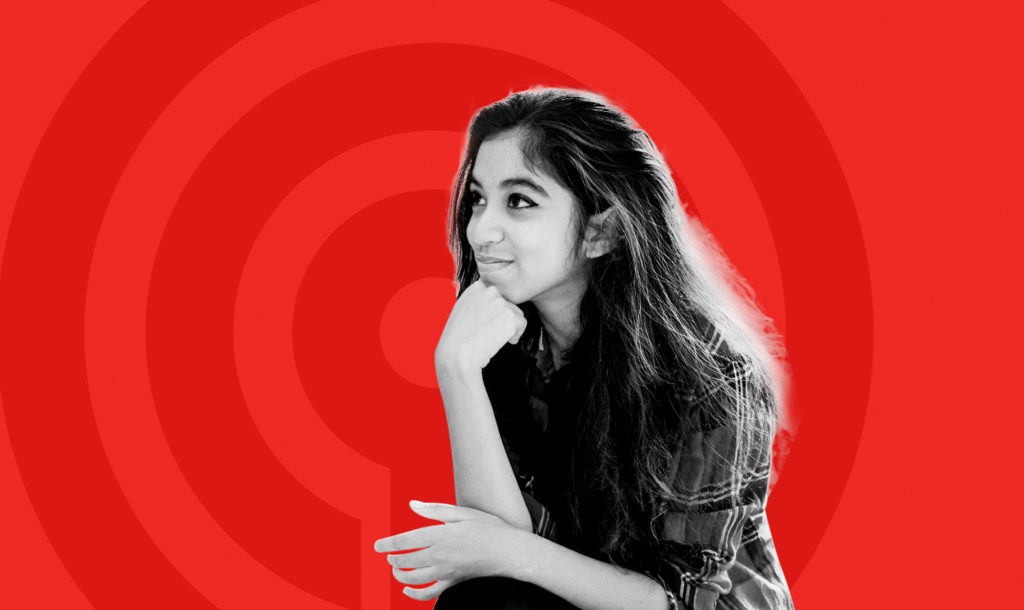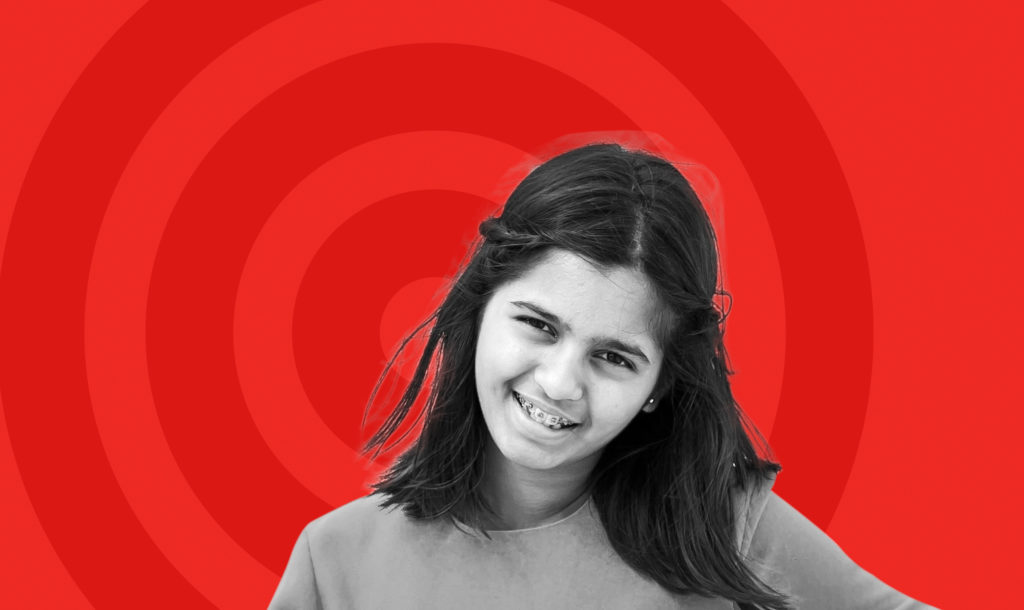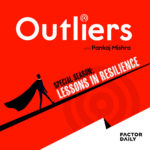If you have been following the Outliers: Season of Resilience, you would have heard conversations about everything from navigating a startup through this pandemic, future of jobs, lessons learned from different journeys, and so on.
Most of the topics covered so far have been focused on us, the adults.
But the next decade of our lives and the world is going to be shaped by today’s teenagers.
So what are today’s teenagers thinking about the future, and the present?
What do they care for?
And do they have any answers at all?
For this week’s Outliers, I went back to Tanmay Bakshi and Adya Satapathy–the two outliers we did podcasts with earlier. It’s good to find them still in their teens.
And we are also thrilled to be adding a special guest in this series by bringing a conversation with Mehak Garg, who is building “BOpen”, a startup to help teenagers manage their anxieties, cyber bullying, and so on.
Tanmay Bakshi on future of programming and lessons from the pandemic

“I am thrilled by technology, but I am frustrated by humans. I am frustrated by the limitations of the human mind, and I am thrilled by the scope of expansion of what technology can do in future,” Tanmay tells me in this podcast.
What about two of the most debated questions–man versus machines and man versus nature?
“In both cases, it’s not man versus anything. It’s a man with both of them. And since we are part of nature, and since we’ve invented technology, nature has invented technology. And technology is a tool that nature uses to self-manage it, perhaps.”
To understand how Tanmay’s thinking has shaped since he was 12, and the world’s youngest AI programmer, take a look at this video from 2016, which has over 1 million views now.
Outliers: Teenage Therapy

In the second episode of Outliers, Adya shames us back into asking some of the darkest questions facing us today as a society, triggered by the “Bois Locker Room.”
“Sometimes the adults don’t really understand, and I know I have friends whose parents blame the kid for getting bullied, which kind of doesn’t make sense. I feel that if your kid is trusting you and coming to you for support about something that’s happening to them, just take their side, try to be there for them instead of saying, ‘ya, if you didn’t do this, this wouldn’t happen to you’, Adya tells me in this podcast.
But what about social media addiction among kids and teenagers?
“I feel like adults look at our social media platforms as something extremely distracting and not very good. To be fair, it can be a little distracting, I’ll give you that, but it is good for most part of it. And just because there are few bad people, who do really mean things, bully, spread hate, I don’t think it’s a good idea to blame the platform, you should just go after the people,” she says.
And finally, meet 15 year old Mehak, who is building her startup, “BOpen.”

Being shut out from the outside world can sometimes bring out the darkest feelings and thoughts. But it’s also a good time to have honest conversations, as this NYT story titled “There Is No Vaccine for Teenage Despair” pointed out.
Additional references: Quaranteenagers: Strategies for Parenting in Close Quarters


